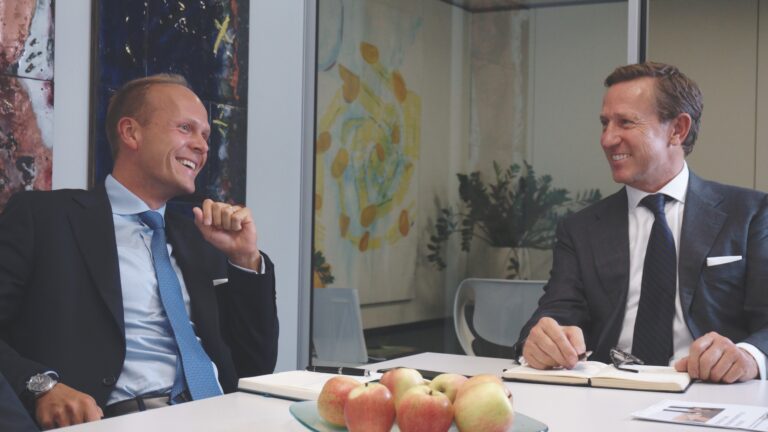De-Globalisation
Good Morning Ladies and Gentlemen
Everyone is talking about de-dollarisation, de-globalisation and de-carbonisation, especially financial mass- and alternative media and analysts across the range. For the moment, it seems any topic that catches the attention of potential readers or listeners even in the slightest way is trashed, reproduced and exploited to the max, and this repeatedly. However, disappointingly, most opinions are more or less in line with the consensus.
Series
Two weeks after my weekly on de-dollarisation, I take the opportunity to share my thoughts on de-globalisation today. My third Stefan’s weekly in this series on «de-carbonisation» will be published in the following weeks.
What are the odds?
Ladies and Gentlemen, I do not believe in de-globalisation. Even if, for the time being, some idealists believe and perhaps even secretly hope that global sourcing has passed its zenith and that a time of local sourcing has now dawned again, I do not believe it has. Global affluent consumers are used to purchasing almost anything at almost any time and at the best price. Such is only possible because of economies of scale and because goods can be sourced from low labour costs countries. Therefore, even if we assume that consumers are willing to pay a premium for goods produced in their home country during particular situations (times of war, etc.), most of those consumers would eventually be reluctant to pay a premium for goods produced in their home country if they were available from somewhere else at a discount. This is why I believe the odds are small.
Diversification
Instead of large-scale de-globalisation effects, I think we will experience large-scale diversification effects. Soon enough, we will see international companies sourcing from many more different suppliers producing in many more different locations than so far. This may lead to minor initial price increases, on the one hand, making companies massively less fragile on the other hand. Furthermore, it opens opportunities for flexible, smaller suppliers in the shade of super-large ones.
Transition
The chances are high that there will be a transition phase, yet I do not think it will take all that long because markets, producers, and suppliers tend to adapt quickly to new situations and changes.
Ladies and Gentlemen
As always, please share your opinion with me, but please do not forget (instead of hitting the reply button) to send your messages to: smk@incrementum.li
Many thanks, indeed!
I wish you an excellent start to the day, a wonderful weekend, and above all, peace!
Yours truly,
Stefan M. Kremeth
Wealth Management
Incrementum AG – we love managing assets
Tel.: +423 237 26 60
Cell: +41 79 303 48 39
Im alten Riet 102
9494 Schaan/Liechtenstein
Mail: smk@incrementum.li

